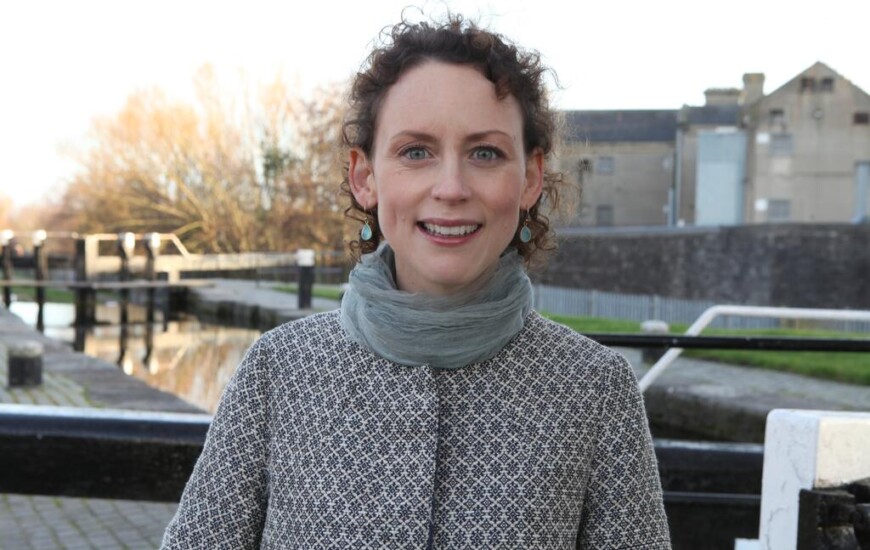Suicide prevention techniques lacking in Irish hospitals, says Sherlock
Mike Finnerty 17 Sep 2025
Labour TD and health spokesperson Marie Sherlock has said that children in mental health crises are being failed within the Irish healthcare system.
September 10 marked World Suicide Day, and Sherlock said, “it is crucial that as a society we start to open honest conversations about suicide, break the stigma of speaking about suicide, and ensure that the supports are available.”
“It is so important that those who are struggling with their mental health feel supported to seek help and to get the right, immediate help wherever they are and whenever they need it.”
The Dublin Central TD said, “ensuring that we have 24/7 emergency mental health crisis support in every mid-sized and big hospital is a critical part of the response.”
She noted that international best practice involves medical and mental health professionals in emergency departments working together in the case of a mental health crisis, but that practice is currently not employed in Ireland.
In April, the head of the Mental Health Commission highlighted that the practice not being employed in Ireland “fails to properly recognise and resource mental health crisis situations presenting to our emergency departments.”
Sherlock said the findings of the report “paint a stark picture” and that reform needs to happen within the Irish healthcare system.
“We understand that routinely, those in mental health crisis who attend out of hours are ‘cleared’ for medical issues first before psychiatric assessment commences. This is having devastating consequences for individuals and their families in terms of enduring extremely long waits in ED before the person is assessed. The wait often has the effect of exacerbating the mental health crisis.”
Sherlock called into question how exactly the government plans to roll out a 24/7 referral pathway for an out-of-hours CAMHS system when there are already such shortcomings within the Irish healthcare system.
“I am aware of the situation in the Mater hospital where teenagers have had to spend many days waiting before an appropriate bed becomes available. This is a gross failure of the state to protect children at such a critical and vulnerable time,” she said.
“We know from the Health Research Board that an estimated 500 die by suicide each year in Ireland with thousands who have attempted suicide, experience suicidal ideations, or who self-harm.”
She noted that the figures are largely driven by male deaths; for every 100 girls and women taking their lives, there are 400 boys and men.”
“This points to a clear need for targeted suicide prevention programmes and support,” she said.











